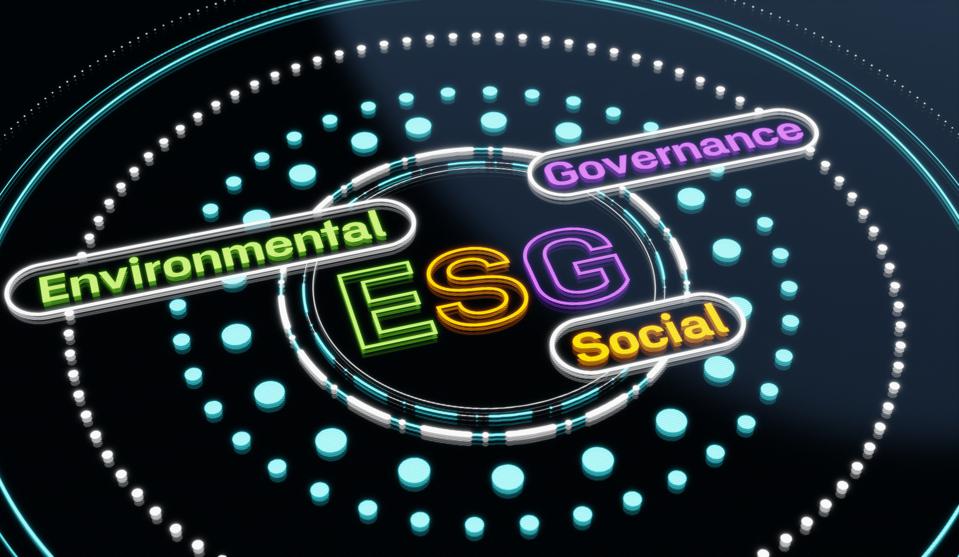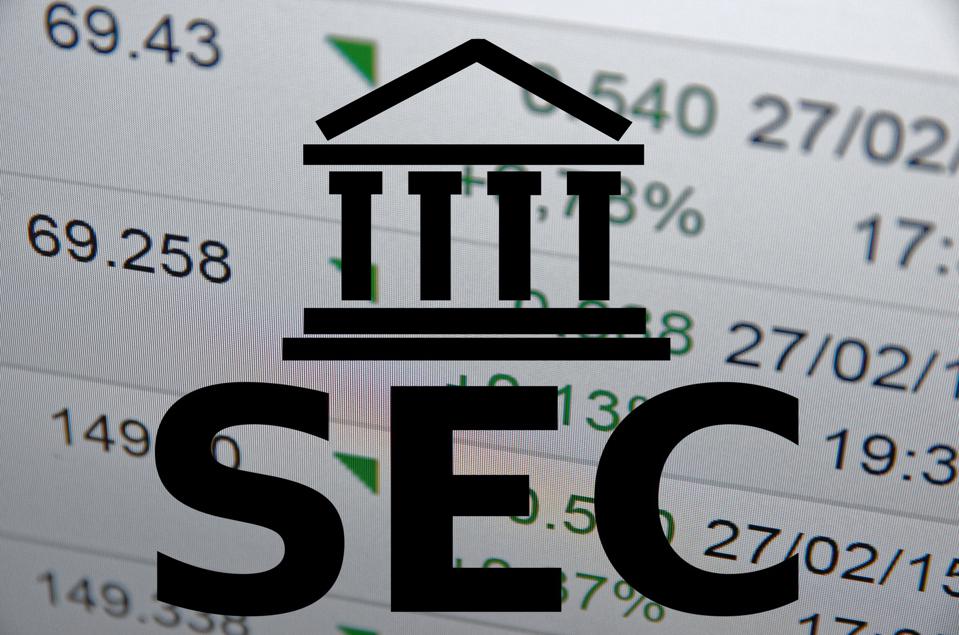Environmental, Social, and Corporate Governance (ESG) advocates are having a moment.
Activists have been keeping busy in the last several months trying to promote issues such as social justice, gender equality, sustainability, climate change awareness, and equitable governance-related values. But they are not alone in promoting ESG values. Nor are they the first to promote these issues; in the last decade, more and more corporate entities declared that they are committed to promoting ESG values. For example, in an August 2019 Business Roundtable statement, 181 CEOs committed to lead their corporations for the benefit of all stakeholders – employees, customers, communities, suppliers, and shareholders. The 2019 statement redefined the “Purpose of a Corporation to Promote ‘An Economy That Serves All Americans.’” Similarly, in recent years an increasing number of corporations around the world have publicized disclosures on their implementation of ESG values in their business operations.

ESG conceptual image depicting the connection among its strategies
But despite corporate eagerness to promote ESG values, it is not clear how much work corporations have actually done in order to advance these values. For instance, follow-up research done by Harvard professors Lucian Bebchuk and Roberto Tallarita showed that only one of the 181 CEOs who signed off on the Business Roundtable statement sought to get it approved by the company’s Board of Directors, which raises questions as to the statement’s sincerity. Professor Benjamin Edwards, at the University of Nevada, Las Vegas William S. Boyd School of Law, also notes that the statement appears to sit in tension with Delaware case law on the purpose of corporations.
Likewise, concerned global regulators have started paying closer attention to the voluntary ESG-based corporate disclosures because the lack of a uniform standard regarding such disclosures has resulted in a wide variance of their formats, places of publication and scope. Leading the charge are the EU regulators who passed the Sustainable Finance Disclosure Regulation (SFDR), which went into effect in March 2021, and imposes mandatory ESG disclosure obligations on financial service providers. Following the same direction, but not the EU law, British Chancellor Rishi Sunak recently announced that the UK will become the first country to mandate Financial Stability Board’s Task Force on Climate-related Financial Disclosures (TCFD)-aligned disclosures, publishing a detailed roadmap for that requirement by 2025. Israeli financial regulators similarly issued a Call for Proposals on Corporate Responsibility and ESG Risk Disclosures and then published suggested guidelines.
In the U.S., ESG-based disclosure falls outside the traditionally submitted and legally mandated filings, as securities law disclosure requirements historically focused on the materiality of the information. But given the ESG trend’s rising popularity, stakeholders are increasingly looking at, and relying on, ESG implementation by corporations. This new ESG-focus has led the SEC to seek public comment on suggested climate disclosure proposals by June 2021 and to appoint a senior policy advisor on ESG issues, which were included in the SEC’s 2021 Examination Priorities. Likewise, the SEC recently released a Risk Alert, which explains the risk associated with lack of standardization given the rise in ESG products and services. Some observers believe that the SEC is right to consider how a single uniform ESG disclosure standard could reduce reporting costs for many companies and increase comparability for investors. Specifically, according to professor Edwards, “with so many different voluntary ESG reporting structures and institutional investor ESG reporting requests, many companies might see a reduction in disclosure cost with an SEC standard.” Yet, these seemly noble efforts by the SEC have not been uniformly applauded. Some commentators have criticized the SEC for these actions expressing caution regarding the SEC’s lack of expertise and political accountability to pursue such goals.
MORE FOR YOU

Building icon and inscription SEC. Financial data on background
Like other corporate entities, banks have also made disclosures and efforts to advance ESG-values, including diversity, equality and inclusion. Notable in that context are Canada’s six largest banks, which have tied executive pay to ESG-measures. U.S. banks also can and should do more to step up their ESG-related efforts. And while it is less likely that they would follow the lead of Canadian banks, there are other incentivizing mechanisms that could be adopted to encourage banks to prioritize ESG factors in their decision-making processes.
However, U.S. banks need a regulatory nudge to take these actions. After all, commercial banks do not seek to maximize social welfare; instead, banks want and need to prioritize profits! And the misalignment of interests between the government, which is concerned with maximizing social welfare, and the banks, which prioritize profits, is the reason for the recent wave of Federal Reserve and banking-related U.S. lawmakers’ initiatives that focus on enhancing the importance of ESG values in banking, including closing racial gaps, increasing diversity, equality and inclusion (DEI). This focus on the social issues is largely the result of the 2020 events, including the disbursement of pandemic-related Federal relief funds, which was a good illustration of the misaligned interests, something I have written about in the past, calling for more ethical banking. Not being fully transparent or equitable in their decision-making processes has resulted in banks engaging in a somewhat discriminatory, self-interested, risk-return tradeoff behavior, which increased the inequality gap, and somewhat harmed women and minorities.

Glass front of a bank building
The debate about Shareholders vs. Stakeholders in the context of corporate governance is relevant to banks as well, of course. Nevertheless, banks are different than regular companies, as unlike most corporations, banks play a unique role in the financial system, including their unique function in connection with money creation. Focusing on this unique role, it could be argued that banks should help advance the government’s fiscal policy, which includes the social agenda of DEI—at least in critical time junctures. But since government calls or industry-led initiatives for banks to increase transparency in connection with their social activities do not guarantee that banks will actually do so, or do so not in conjunction with pursuing their own strategic objectives, we must adopt a top-down incentive-based regulatory approach. Specifically, financial regulators should adopt a carrots and sticks-based system, which would require banks and their shareholders to provide transparency, integrity, and consistency in connection with addressing ESG goals in their businesses. Illustrating a way of doing so, Texas A&M University Professor Srinivas Nippani and I have suggested using an agency theory-based approach to mandate the implementation of government social policy goals by commercial banks, by adopting a CAMELS rating-like system that would be based on ESG goals.

Using carrots and sticks as incentives
Lastly, in addition to more effectively advancing ESG values, creating an ESG-based publicly available ratings could also help commercial banks not find themselves on the losing side in connection with the growing movement towards public banks in the U.S. Indeed, “The Times They Are a-Changin'” and things that were once unthinkable in the context of banking, are now be a possibility. Banks should also be wise, therefore, and harness the power of FinTech, as a key driver for inclusion, and a tool that can support sustainable development goals, and use it to their benefit, as they show a commitment to environmental stewardship, socially-responsible investing, racial equity, and much more.
Read More..